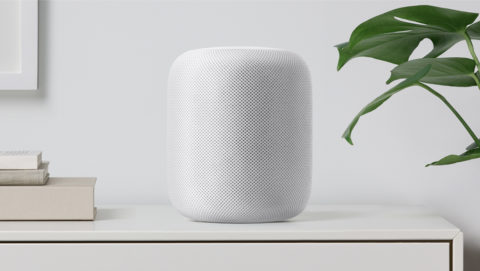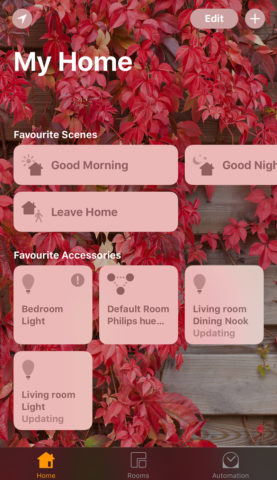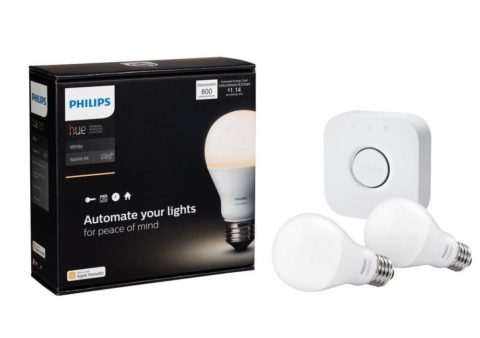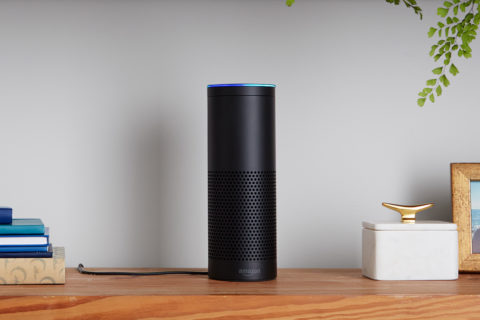Can Apple’s smart assistant compete with Amazon’s in the smart home arena?
The unveiling of Apple’s upcoming HomePod back in June confirmed the company’s entry into the smart home virtual assistant arena. Though Siri has been a mainstay of iOS for years, HomePod’s launch this December will put Siri it in direct competition with Amazon’s Alexa and Google Assistant.
In keeping with Apple’s determination to play a different game from everyone else and with its 16-year love affair with music, however, the HomePod is less about Siri and more about wireless music.
Apple was very keen to highlight HomePod’s audio chops during the launch and was much more sketchy on the detail of how and with what Siri would virtually assist. Watching the demo, you would think that HomePod was more about competing with Sonos than Amazon. That’s perhaps because Apple knew it was on shaky ground.
HomeKit
Where Amazon’s Alexa, and Google Assistant, have created an open platform that has already attracted hundreds of developers, Siri only works with Apple’s HomeKit. And HomeKit is a closed system where every device must comply with Apple’s MFi program and, until recently, had to feature an approved co-processor for authentication purposes.
That barrier to entry ensures a certain level of quality, but significantly limits choice for consumers. The result is you can’t use popular smart products like Nest’s Thermostat or Protect, or British Gas’ Hive range with HomePod. It also means you can’t create your own recipes on IFTTT and control them with Siri.
By the time Apple announced HomePod at WWDC, Alexa already had 10,000 skills coded for it that allowed it to do everything from hosting a Dr Who trivia quiz to turning lights in your home on and off, to adding items to your shopping list.
The future
While Apple has promised to make Siri smarter in iOS 11, it seems unlikely that it will work with anything like as many devices as Alexa. It’s hard to imagine, for example, that you’ll ever be able to go onto eBay and buy cheap LED Wi-Fi bulbs and control them with Siri.
Apple’s strategy with HomeKit, and therefore with Siri as a smart assistant, is similar to the one it adopted for iOS itself – HomePod vs. Amazon Echo draws an obvious comparison with iOS vs. Android in the smartphone game.
Where Android is open, can be adapted and modified, and its apps aren’t regulated by Google, iOS is strictly controlled. That has worked brilliantly for Apple, allowing it to build a platform that prioritizes quality and user experience over quantity. Will that work in the smart home market? Maybe. But it’s clear something needs to change, and we hope Apple will embrace third-party developers like it has done with its other product lines.
When brands as important as Nest, British Gas and TP-Link won’t commit to HomeKit, something’s not right. On a brighter note, companies like Belkin, Canary, Ring and August have all either added HomeKit support recently or announced plans to do so. If HomePod is a success, more companies could pledge smart gadget support to Apple even the playing field further.
There’s more to a digital assistant than controlling hardware, of course. And this is perhaps where Alexa’s open platform gives it a lead. Whether it’s a recipe for dinner, an update on travel news, or the weather for the day, Alexa has skills galore. Thousands of them, created by developers from all over the world.
So, will Siri ever compete with Alexa? That kind of depends on what you want from it.
If you’re happy to mainly deal with apps and services from Apple itself, plus a heavily vetted pool of quality smart gadgets, Siri will do just fine. And if sound quality is your biggest concern, we expect HomePod to be the smart choice. But for those who favor choice and adaptability, Alexa and Google Assistant are in a different league and that doesn’t seem likely to change any time soon.





